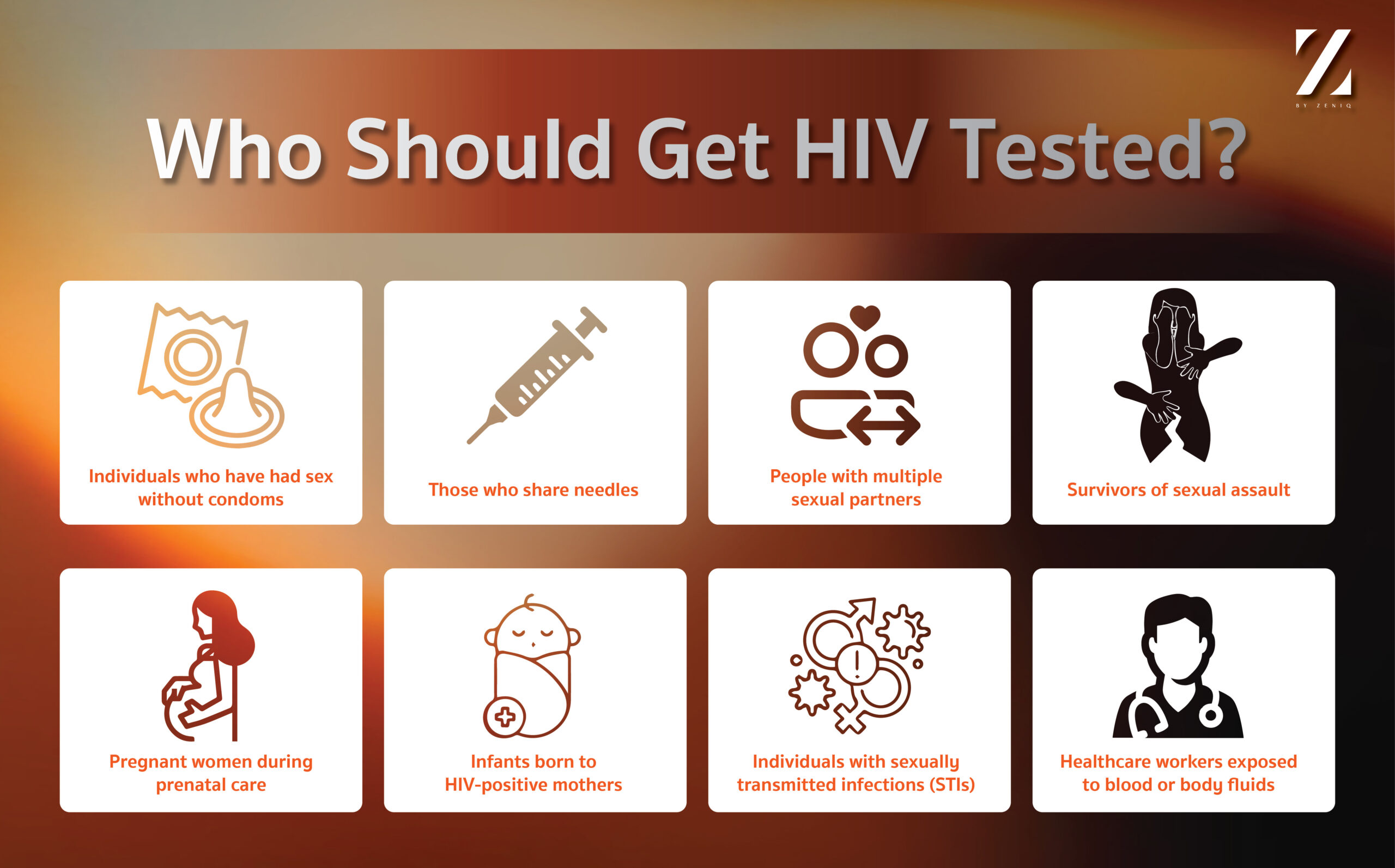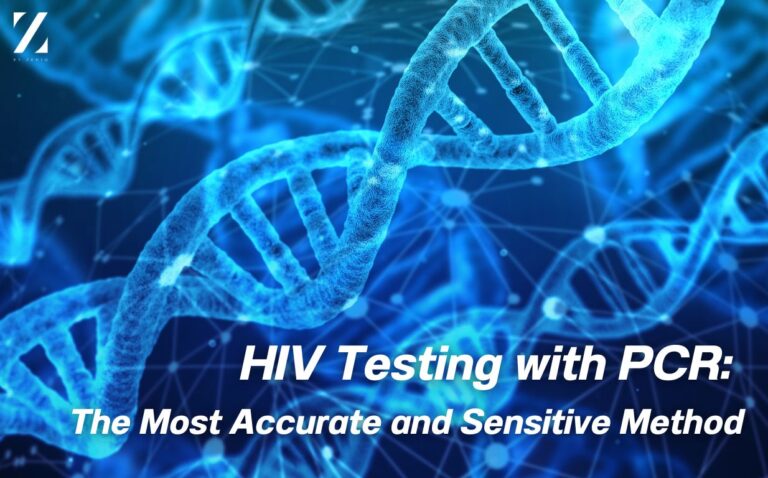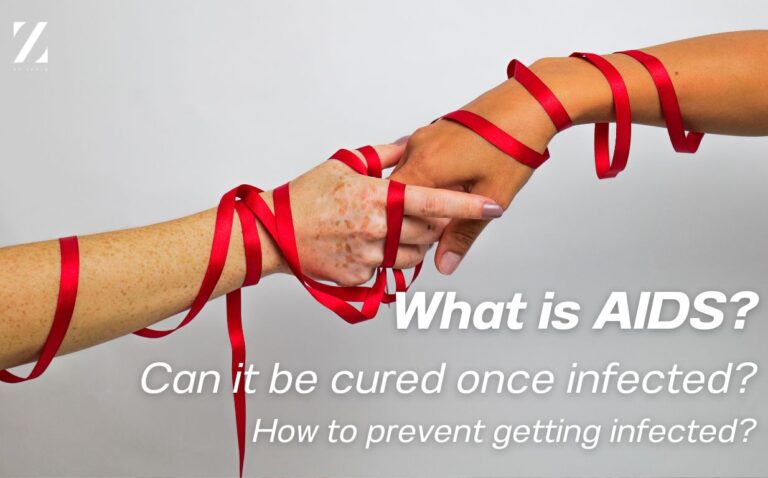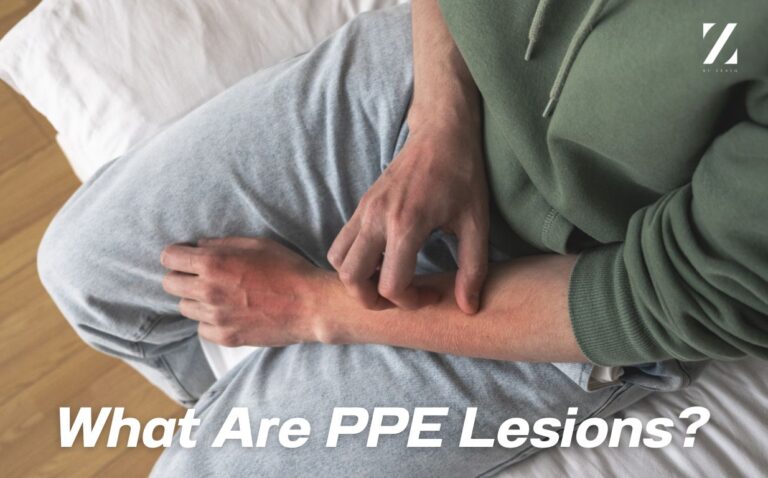Testing for HIV isn’t as frightening as many think, and it’s crucial for your health. Understanding your status allows you to make informed health choices and take appropriate action. Moreover, medical advancements have significantly improved HIV treatment, enabling those living with HIV to lead long and healthy lives. If you are sexually active or at risk, regular HIV testing is a must.
What is an HIV Test?
An HIV test is a procedure to detect the HIV virus or your body’s immune response to it. This involves taking a sample of body fluid, like a gum swab or blood, for laboratory testing. Today, HIV testing is available at various healthcare facilities, such as government hospitals and private clinics with high privacy standards.You may not need to disclose any personal information to get tested at some facilities that offer anonymous testing.
The Importance of HIV Testing
HIV testing is the only way to determine whether you are infected. Early detection and immediate treatment help control the virus in its early stages, leading to a longer life, better health, and a good quality of life. On the other hand, untreated HIV can weaken the immune system, progressing to AIDS, the final stage of HIV infection, which can lead to severe opportunistic infections.
Who Should Get Tested?
HIV testing is vital not just for those who have had unprotected sex, but for anyone at potential risk, including:
- Individuals who have had sex without condoms
- Those who share needles
- People with multiple sexual partners
- Survivors of sexual assault
- Pregnant women during prenatal care
- Infants born to HIV-positive mothers
- Individuals with sexually transmitted infections (STIs)
- Healthcare workers exposed to blood or body fluids
How Soon After Exposure Should You Get Tested?
The HIV virus can be detected as early as 10 days after exposure using the highly accurate HIV PCR Test. For standard HIV tests, detection is typically possible 14-30 days after exposure, depending on the type and generation of the test.
However, If you have been exposed within the last 72 hours, you should get tested immediately and consider taking emergency post-exposure prophylaxis (PEP), followed by retesting as advised by a healthcare professional.
Types of HIV Tests
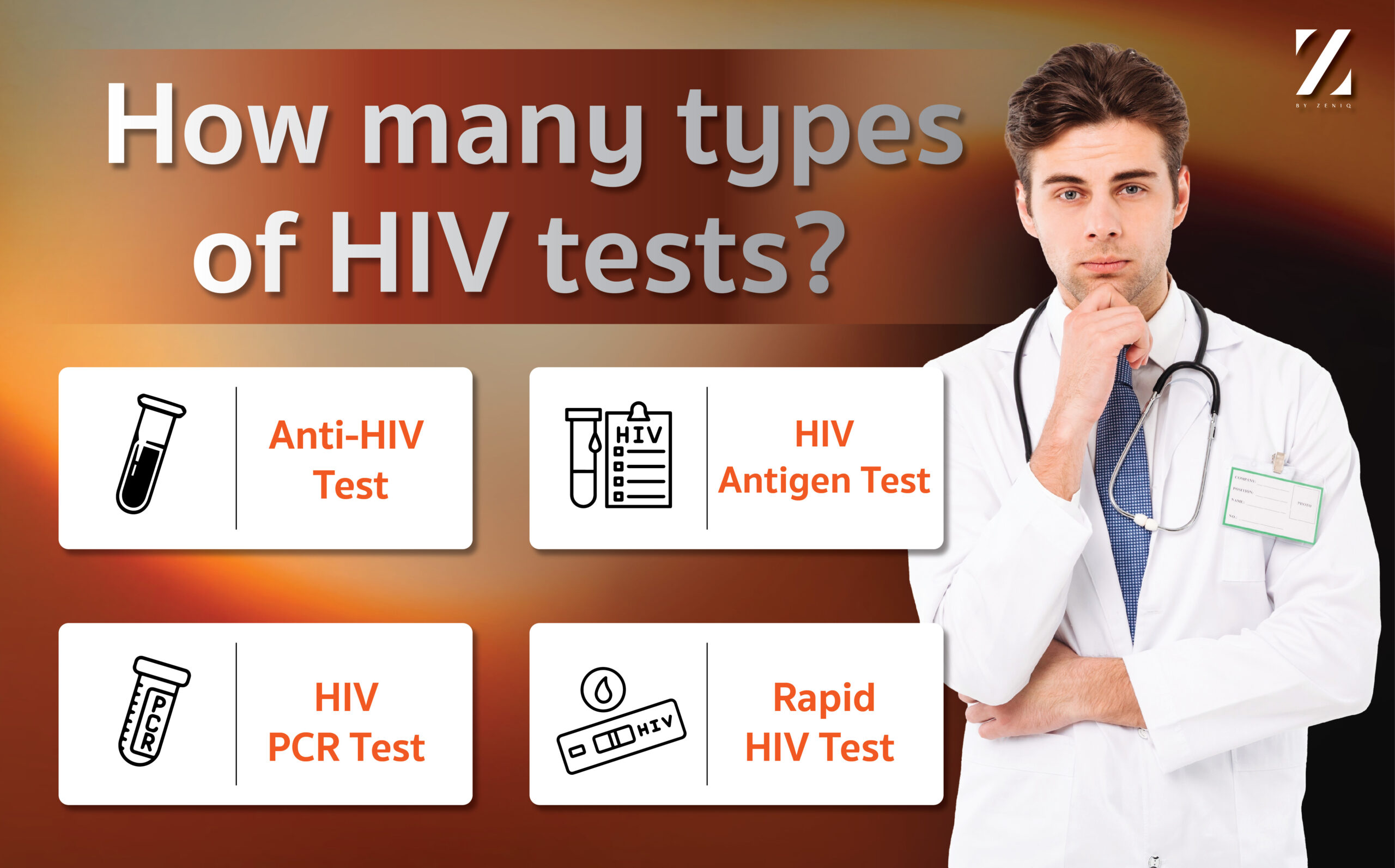
HIV tests come in various forms, differing in speed, accuracy, and detection window:
- Anti-HIV Test: Detects antibodies produced by the immune system in response to HIV, usually within 4 weeks of infection. Results are available within 30 minutes – 1 hour.
- HIV Antigen Test: Detects the p24 protein, an early HIV marker, suitable for early or acute detection. It’s effective 14-21 days after exposure.
- HIV PCR Test: Directly identifies the genetic material of HIV, offering the highest accuracy and earliest detection, typically within 10 days of exposure.
- Rapid HIV Test: A quick screening method that delivers results in about 20 minutes using a finger-prick blood sample. A positive result should be confirmed with more accurate tests like HIV PCR Test.
Preparing for an HIV Test
- Assess Your Risk: Consider if you’ve engaged in any high-risk behaviors, such as unprotected sex or sharing needles.
- Consult a Doctor: Discuss your history and potential risks with a healthcare professional to determine the most appropriate test.
The HIV Testing Process
HIV testing is straightforward and quicker than you might expect, usually taking 40 minutes to 1 hour:
- A doctor will evaluate your risk and suggest the most suitable test.
- A blood sample will be collected, either from your arm or finger.
- Once the results are reported, the doctor will explain them and provide guidance on maintaining your sexual health.
Self-Testing for HIV
There are two main types of self-tests available for home use:
- Finger-Prick Test: Involves pricking your finger to collect a drop of blood, following the instructions provided.
- Saliva Test: Use a swab to collect a saliva sample from your gums.
Understanding HIV Test Results
Results are generally categorized into four main types:
- Reactive: HIV is detected.
- Non-reactive: No HIV detected, but if you’ve recently been at risk, retesting is recommended. Use condoms during this period to prevent infection.
- Invalid: Inconclusive result, often due to sample issues or test defects. Consult a doctor for a repeat test.
- False Positives/Negatives: Rare but possible. A false positive indicates a positive result without an actual infection, while a false negative suggests an infection that’s not detected, often due to early testing.
Post-Test Care
- Positive Result: After a confirmed positive, a doctor will perform a thorough evaluation and create a personalized treatment plan. Adhering to a consistent HIV medication regimen can control the virus, prevent complications, and reduce transmission risk. A healthy lifestyle and mental health support are also crucial.
- Negative Result: Even with a negative result, retesting might be necessary if the virus is in an early stage. Continue protecting yourself by using condoms and considering PrEP.
When Will You Know the Results?
The time it takes to get results depends on the test type and facility. Blood tests typically take about an hour, but result delivery may vary.
Choosing the Right Place for HIV Testing
Selecting the right facility for HIV testing involves considering factors beyond proximity, like:
- Team Expertise: Ensure the clinic has specialists in sexual health.
- Testing Standards: Confirm the accuracy of tests offered and the time it takes to get results.
- Privacy: Choose a facility that prioritizes patient confidentiality.
Summary
HIV testing is crucial for maintaining a healthy life. Thanks to advancement in medicine, individuals with HIV can live long with quality lives. Early detection enhances treatment effectiveness. Choose a specialized, reputable facility that maintains high standards and privacy.
At Z by Zeniq, we provide comprehensive HIV testing services, including consultations, blood tests, and ongoing care. Don’t wait — schedule your appointment with Z by Zeniq today.

